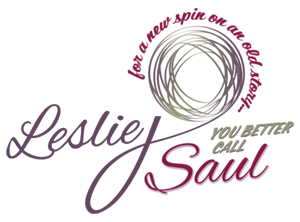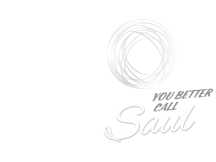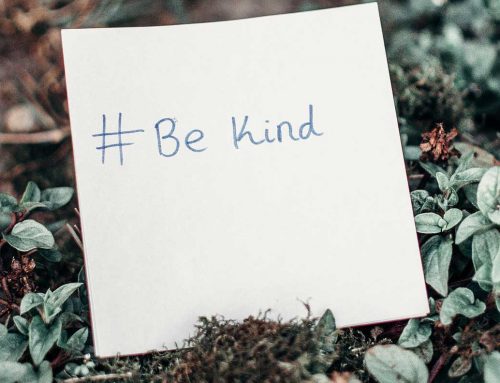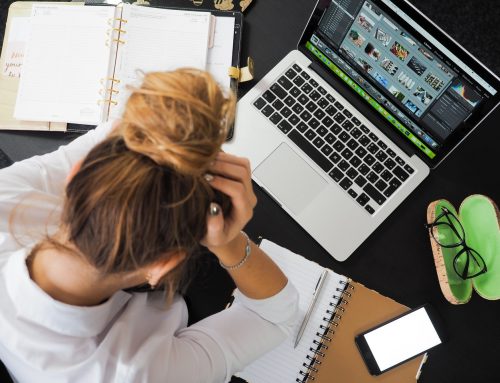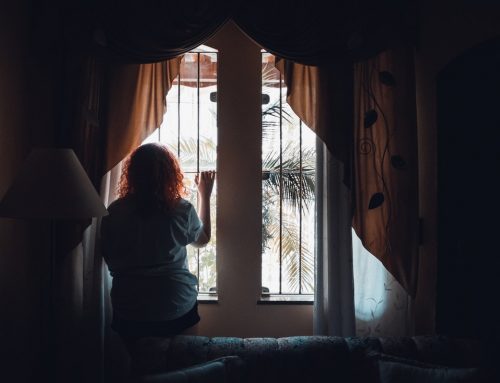In the last few weeks, how many times have you had to remind yourself to take a slow, deep breath? How often have you steadied yourself against a piece of furniture, or taken a walk just to feel the sun on your face?
These tiny moments are expressions of our deep need for self-care during the COVID-19 pandemic. The last few months have shaken us. We are scared. We are distraught. We don’t know what happens next, and the possibilities make us feel fragile.
We are also survivors.
This year has confronted us with a lot of hard truths, and out of those challenges, we are capable of growth. Together, let’s go through some of the new realities prompted by the COVID-19 pandemic and find tools for reflection and reinvention. In this first blog post, we’ll cover the personal work; approaches suitable in our home life, and interactions with loved ones. In the second installment, professional work life will be the focus.
Mirror, Mirror, On the Wall
The first rule of self-care during COVID-19 or any pandemic is right there in the name; it is crucial to take care of YOU. The adage “you can’t pour from an empty cup” comes to mind. Here are some methodologies for self-reflection that can assist in illuminating our needs.

Build a Routine
Carmen’s alarm goes off at 5:30 every day. She gathers her hair into a ponytail, grabs her keys, and takes her dog for a nice walk by the water. Back at home, she pours some cold brew, makes toast, and goes through the day’s headlines on her cell phone. She takes a shower, does her hair, and sits down to log in for her first meeting. She’s been working remotely since March and finds doing the same thing every morning gives her some stability in isolation.
The habits we create are a reflection of the things that are important to us. That’s why intentional routines work so well; they mirror our values. They also reduce the number of questions we need to ask, about things like what we’re eating for breakfast or how we’ll fit exercise into our day. This can reduce stress and help us feel more productive.
Meditative Movement
Tara takes an afternoon break every day between 2 and 3 PM. Unfurling her yoga mat, she performs a breathing meditation before shifting into some easy yoga poses. When her energy levels are up, she concludes with a long walk or a run. Other days, she’s happy to just give her mind a break as she moves her body and stretches her muscles.
The power of movement cannot be underestimated. In a world facing rising suicide rates due to COVID-19, exercise can stave off depression, disease, and death. There is a multitude of peripheral benefits, too; Vitamin D from the sunshine, spending time working out with family and kids, etc. Here, the word “meditative” is used to signify intention. Some movement done with purpose leaves us feeling cared for and soothed. And there’s scientific evidence that mindfulness in regards to stuff like weightlifting makes the workout more effective! So, the next time you walk, marvel at the strength of your legs and the power in your gait. What a marvelous physical miracle you are!
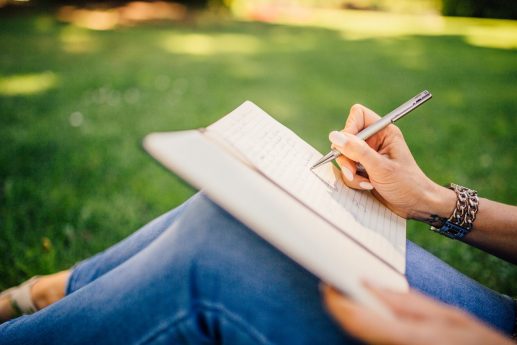
Gratitude Practice
Perry laughed out loud at first when his coach told him it was time to begin journaling about gratitude. Nothing was going his way in life, and he found the suggestion mildly ridiculous. Despite his misgivings, he took out an old notebook the next morning and scribbled down three things he was grateful for: his health, his girlfriend, and his cat. He did it the next day and the day after that. Later in the week when he got some bad news, the setback felt like less of a burden. Perry decided to go ahead and keep gratitude journaling and see if he could keep working toward finding the good in all of his days.
Have you ever kept a gratitude journal? It’s not a lot of work! Most people prefer writing down three things they’re grateful for, 2-3 times/week. The psychological effects are astounding. Studies show it can increase happiness, lower stress, and improve relationships – all of which we need during this time of COVID-19. These effects can be seen in as little as one month.
Self-Care During COVID-19: You Can’t Control Everything
Now that we’ve discussed three ways to obtain better insights into yourself during the pandemic, a reminder: we can only be responsible for our actions. You are the captain of your ship. We can put on our masks, keep 6 feet of separation, and prepare for whatever’s around the corner. We can also ask for help when we know it’s time. Let’s work together to find the silver lining on this coronavirus cloud.




